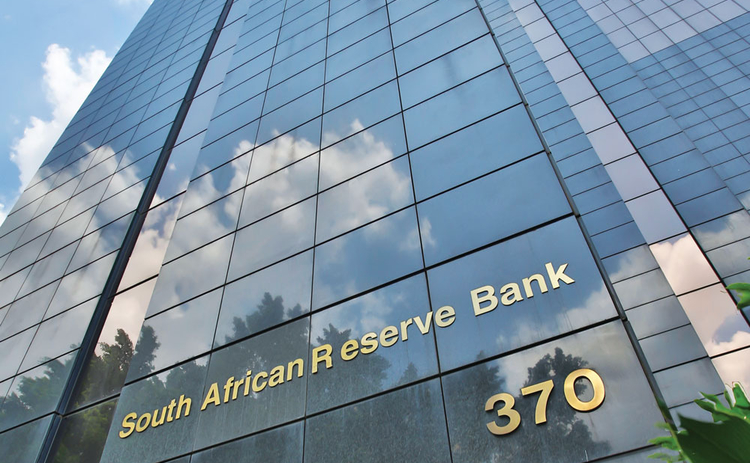A semi-annual review of financial stability by the South African Reserve Bank (SARB) released Wednesday, says the $10.13bn fines levied against the MTN and Standard Bank, two of the nation’s companies by the Central Bank of Nigerian and the Federal Government could increase the risk to its financial system.
The CBN had in August accused telecoms firm MTN and its Stanbic IBTC Bank, a subsidiary of Standard Bank of illegally repatriating $8.1bn abroad, while Attorney General of the Federation also demanded $2bn as backlog of unpaid taxes from MTN.
SARB, according to a report by Reuters, said $10bn charge amounted to about the entire market capitalization of MTN, noting however that “any potential impact on the South African financial system arising from this event will depend on the eventual resolution of the matters raised and MTN Group’s ability to continue meeting its debt obligations” in the immediate, or at least near-term.
This, it added, “could affect MTN Group’s ability to continue meeting its debt obligations, including those in the South African banking sector, which, given the interconnected nature of the financial system, could increase systemic risk,” the South African Reserve Bank said.
Ahead of the December 4 date set by a Federal High Court last month to hear for the dispute, SARB warned that “a potential worst-case scenario would be for the MTN Group to disinvest from Nigeria.”
Some analysts have cited the concentrated foreign currency funding risk posed by MTN and a clutch of other Johannesburg Stock Exchange-listed firms as a threat to the currency and the central bank’s foreign exchange reserves.
The bank said that should there be a spillover from the market turmoil linked to external debt and the foreign currency funding crunch that hit Turkey and Argentina earlier this year, South Africa could suffer sharp capital outflows and exchange rate depreciation.
The Rand is already down around 15% against the dollar this year, while portfolio flows slumped dramatically in the first half as a local recession exacerbated the global flight from emerging markets.
Trending Today
Menu








